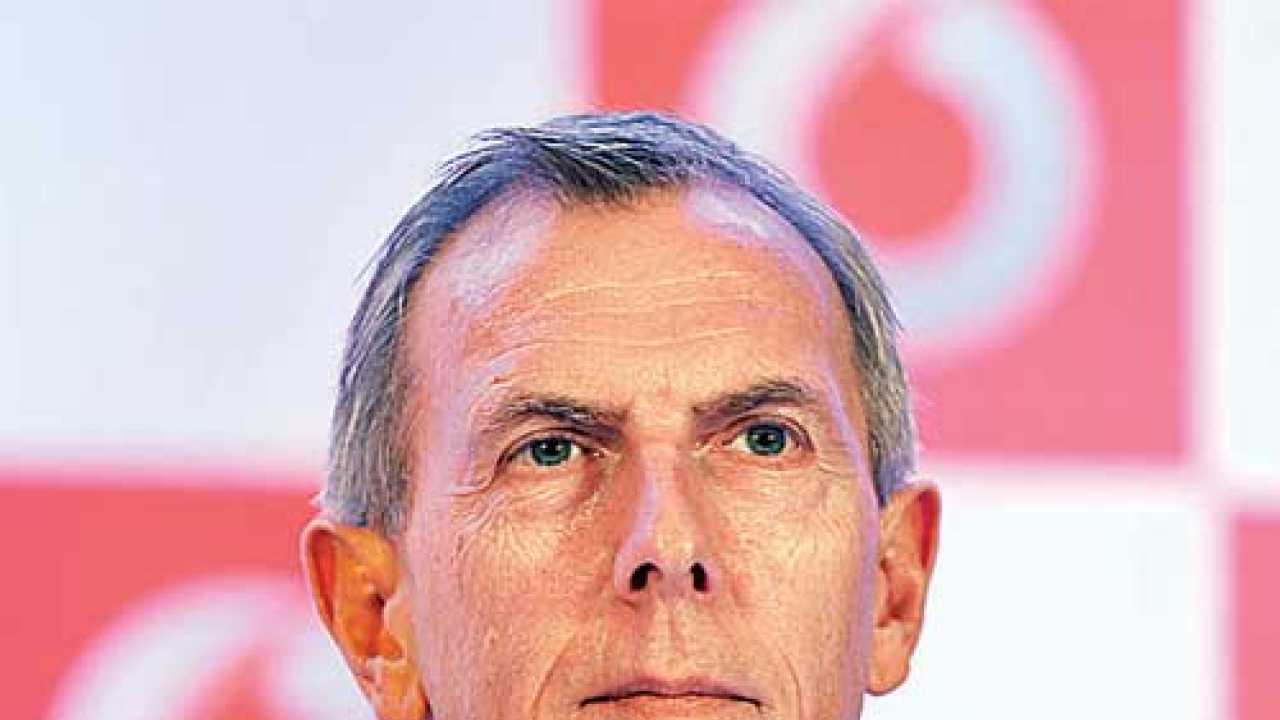
On Tuesday, the Indian arm of British telecom giant Vodafone announced more than a three-fold growth in operating profit (Ebitda) to Rs 1,853 crore for the last fiscal. But Vodafone’s MD and CEO Marten Pieters (pictured) was not entirely pleased. For, the telecom sector in the country is not very attractive to foreign investors due to policy uncertainty; things need to improve quickly, he told Priyanka Sahay. He also appeared incredulous about the Comptroller and Auditor General’s (CAG) allegation that telecom firms formed a cartel to ensure a tepid response to 2G spectrum auctions. Excerpts from the interview:
Given controversial issues like extension of licences, 3G roaming and policy uncertainty, where do you think is the telecom industry heading in India?
The industry overall is not in such a good shape, but it needs to change because otherwise you will not see the investments coming in. But with the results we produced today (Tuesday), we show that if you are serious about your job and you can convince enough customers, then you can also make money in this industry. So, I think, going forward, what we need to see is less of operators and then more spectrum for the operators that are still there. Then, you will also get to see new investments.
The CAG report has accused telecom operators of forming a cartel because of which the 2G spectrum auction could not become a success. What do you have to say on that?
I think the 2G auction in theory had 12 participants. I really don’t understand how can there be a cartel of 12 companies.
What is the status of Vodafone’s Indian initial public offering (IPO) that was expected in the next few months?
In theory, it could happen in 2014. But in the current circumstances, it’s impossible for us to do an IPO. We first need more certainty around spectrum allocation and pricing. Then, we will have to make a decision that can be next year. But we’ve no plans to do an IPO in 2014. To be sure, it’s not going to happen in 2013.
All incumbents have been saying that there has not been a hike in the headline tariff. At the same time, call rates have become expensive with reduction in discounts and freebies. One of your competitors, Uninor, yesterday disclosed that it has been offering telecom tariffs as low as 45% as compared to other players. Don’t you think there will be intense competition, given that some of the players may offer low tariffs while others offer higher tariffs?
First of all, I’m not aware of any hike in tariffs... because if you look at our numbers, our revenue per minute (RPM) – that is where tariffs translate into in India – we deliver such a number of minutes that people use our phone. We get money for that, which translates into RPM that has been flat for the last three quarters at 44 paise now. If we could raise tariffs, you would see an increase of RPM.
We have not seen that. What I have said, indeed over and over again, is not so much that a bigger operator needs to raise tariffs – it is really the smaller guys who discount it so heavily that their RPMs might be a fraction of what our RPMs are. This is not about headline tariff, this is just aggressive discounting in the market. So, that needs to stop.
Then, everyone will be able to get a better yield on their revenue.